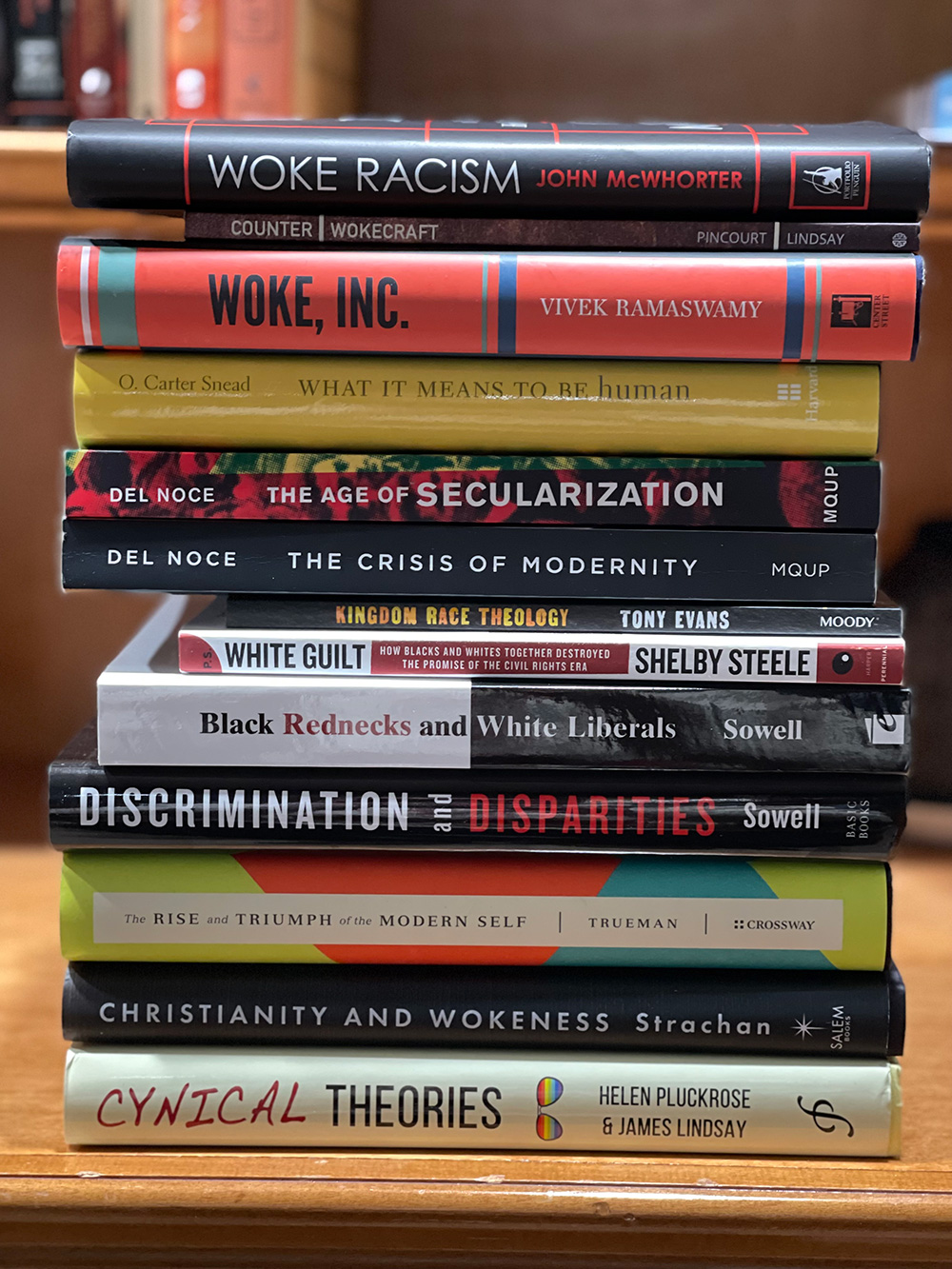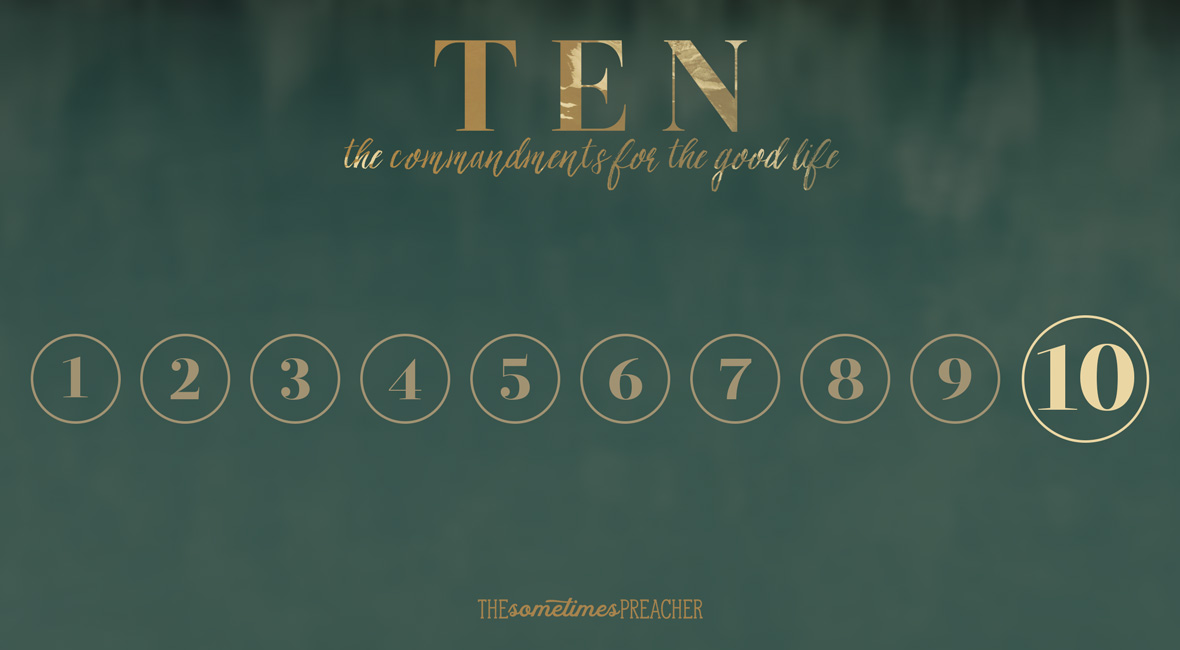In the last essay we defined Wokeness as “compassion for the oppressed.” While this is a good start, it doesn’t quite capture the true nature of Wokeness. The Woke, after all, have very little in common with The Little Sisters of the Poor, for example, or even Dorothy Day, at least after she converted to Catholicism. It is insufficient, then, to say that the Woke are animated purely by compassion, or that they are trying to do the Lord’s work. Compassion may be an animating force in a general sense, but we must try to be as specific as possible because it would be wrong, both historically and morally, to conflate social compassion, much less Christian compassion, with Wokeness. Mother Theresa was not Woke. Neither was Martin Luther King, Jr. Just because two movements identify the same problem does not mean that they offer the same solution or adhere to the same underlying ideology. Identifying social ills is easy. Creating solutions is the hard part.
Christian Compassion
It’s worth taking a moment to parse out Christian compassion. The word compassion literally means “to suffer with” someone, so to be compassionate transcends the emotional state of sorrow for someone in difficult circumstances. (Though it certainly includes this!) To demonstrate compassion is to walk alongside someone in their hardship, which means to engage in their struggle in a helpful way. Paul encouraged believers to “carry one another’s burdens, and in this way you will fulfill the law of Christ.” (Galatians 6:2) The law of Christ is summed up in three related commands: 1) Love the Lord your God with all your heart, soul, mind, and strength; 2) Love your neighbor as yourself; and 3) As I [Jesus] have loved you [my disciples], so you must love one another. Compassion, therefore, is an expression of love. To be more specific, it is an expression of agape love, which is the love referenced in all three of those commands.
Compassion is an expression of agape love.
Compassion is one expression of love, but it is not the only expression of love. (Another expression of love that all Christians are familiar with is self-sacrifice, which is what Jesus did for us at the cross. He said in John 15:13, “Greater love has no man than this, that he lay down his life for his friends.”) Compassion is, therefore, subordinate to agape love (or charity as it used to be called) and cannot be rightly expressed, at least in any conceivably Christian way, apart from love. This makes compassion an important, but secondary, virtue. It does not stand above love. Instead, love provides the context in which compassion is rightly expressed. Compassion is a governed, not a governing, virtue. The highest virtues that govern the rest are wisdom, courage, justice, temperance, faith, hope, and love. These are what the Church has traditionally called the cardinal virtues. It is one thing, for example, to exercise justice without the virtue of mercy. This may seem harsh, but it is fair and good, so long as the judge stays within the confines of true justice. It is something else entirely to exercise mercy without justice. How could a society survive in such a state? (Incidentally, this is precisely what certain cities appear to be doing by allowing shoplifters to steal up to $900 worth of goods without facing a penalty. These lawmakers think they are being merciful, but they are placing an immensely large burden upon the shoulders of store owners, managers, and retail workers by refusing to pursue justice on their behalf.)


